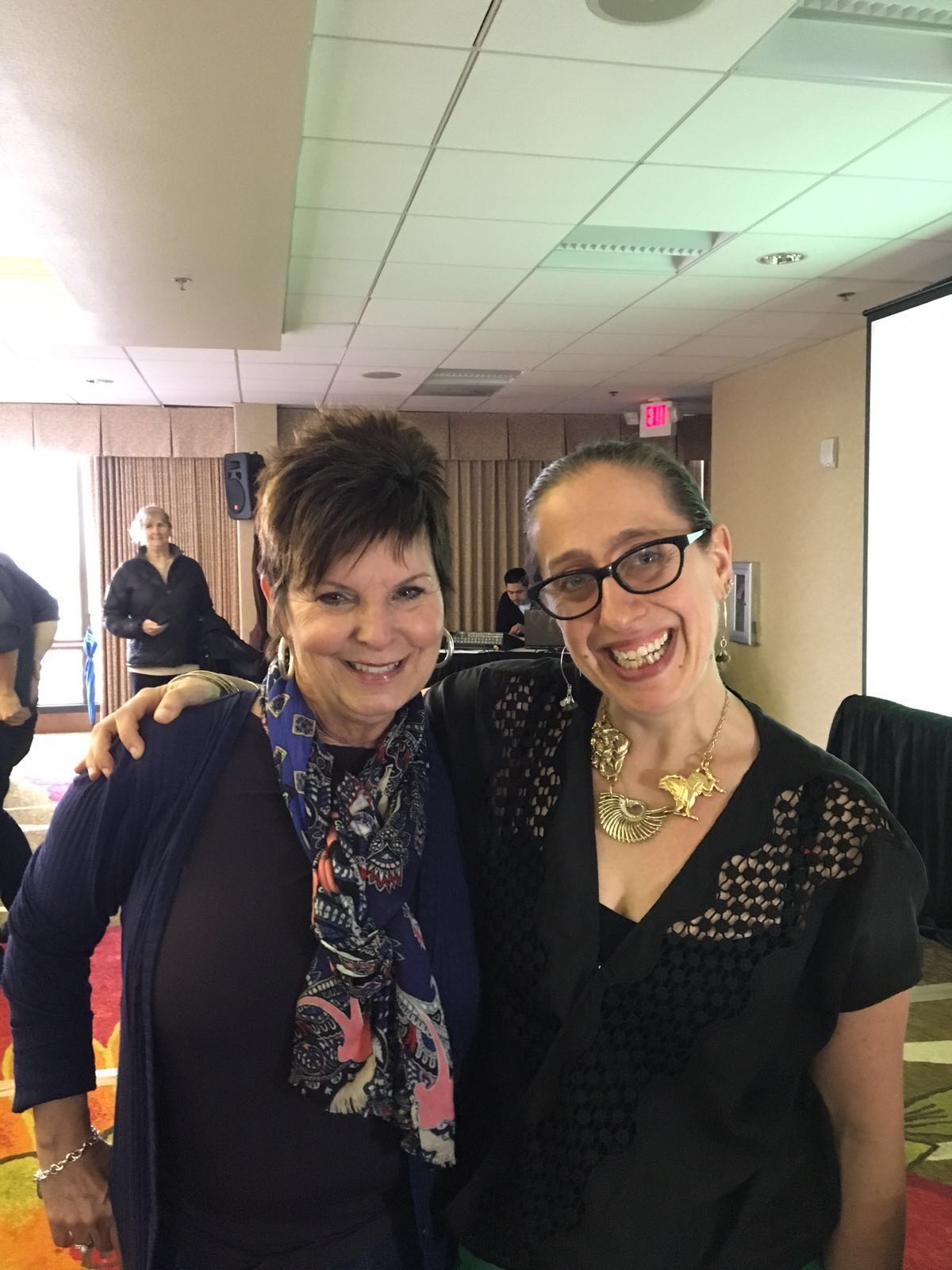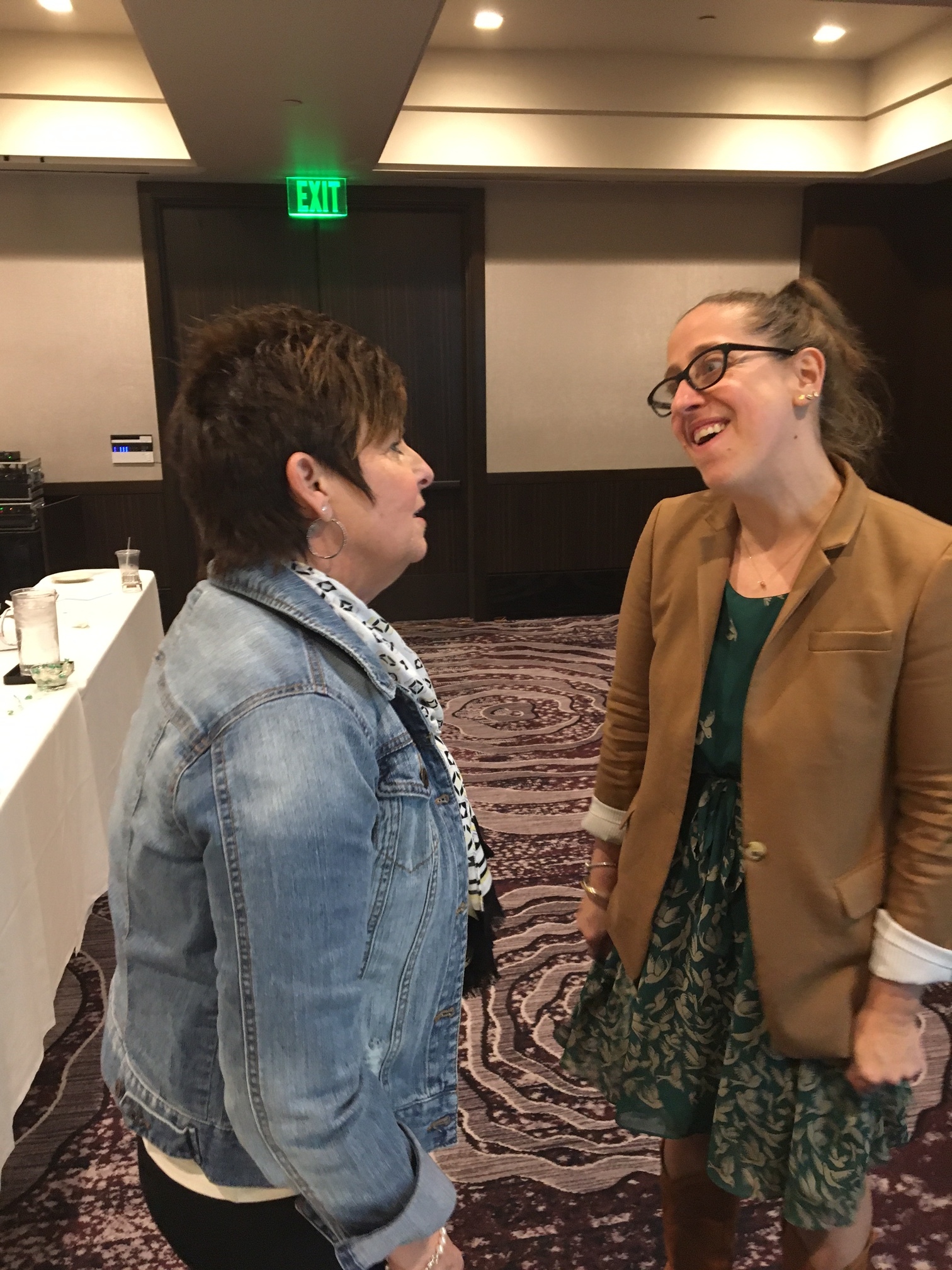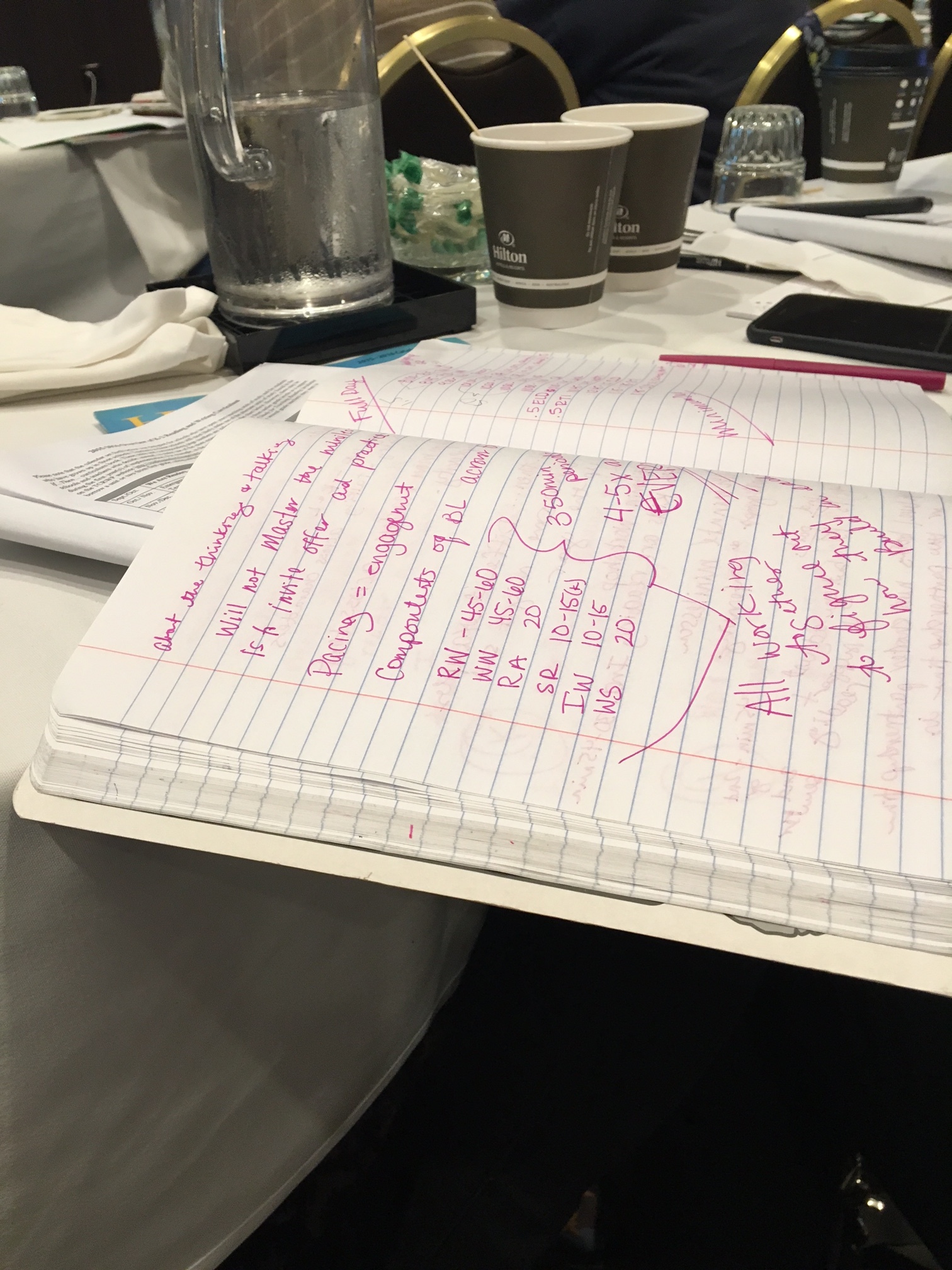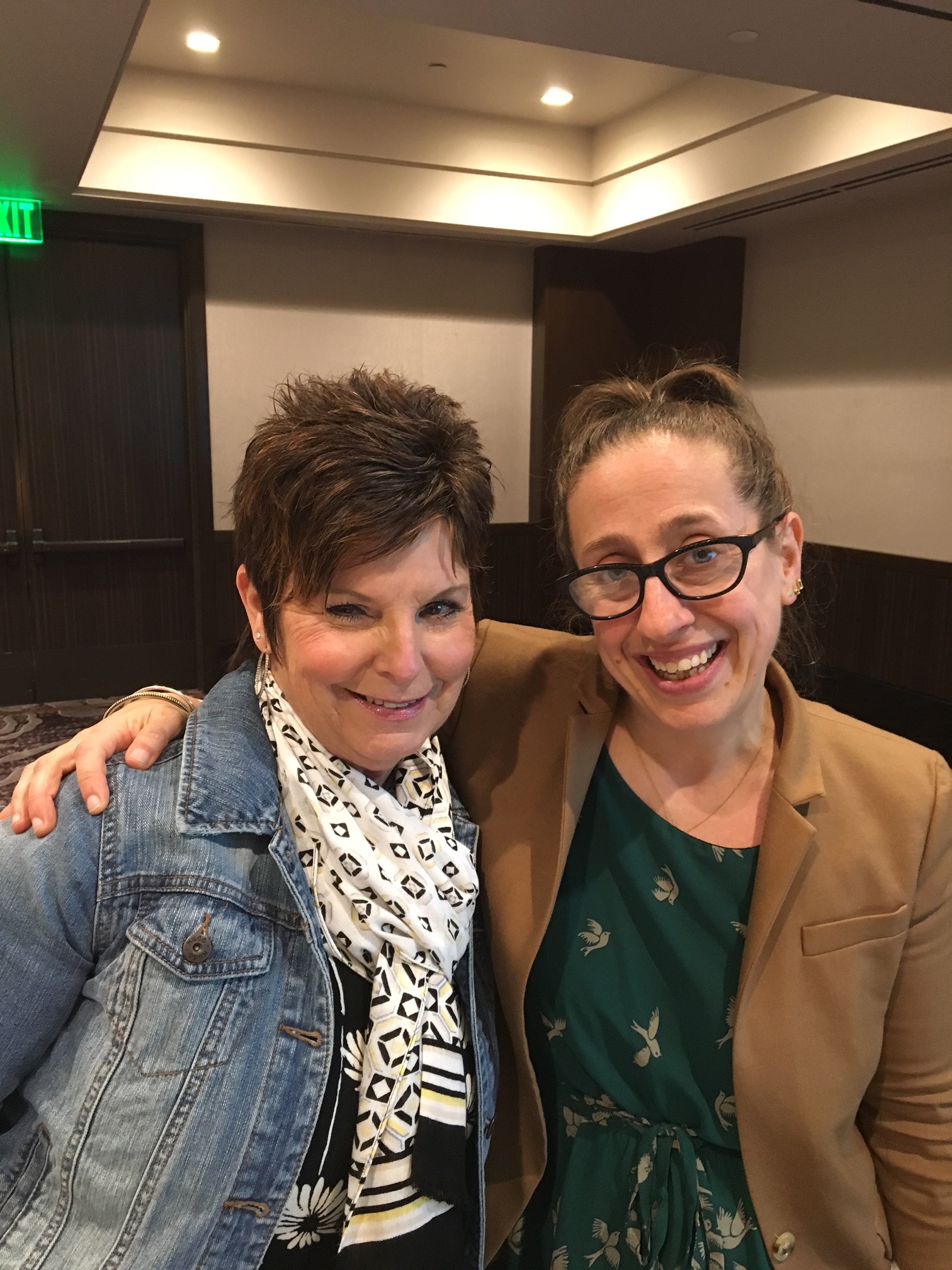Hello Everyone!
It’s the day after my last training this week with Amanda Hartman, lead staff developer, from Teachers College Reading Writing Project. Since leaving the conferences, my brain has not been able to turn off! I’ve been looking forward to these California training days since it was announced that Amanda was coming to do some specific training on adapting Reading and Writing Workshops to Support English Language Learners, Grades K-5. The information that was shared was so beneficial and inspiring that I couldn’t wait to share all these valuable strategies with you and others who weren’t able to attend.
My hope is that by sharing these top five takeaways from this conference will provide us with a springboard to talk more about workshop teaching, as well as inspire and influence your work with English Language Learners. My goal is to leave you with some practical ideas to take back to your classroom and share with your colleagues.
Tip One: English Language Learners Need Time to Practice Speaking, Listening and Writing in Authentic Ways
Amanda Hartman did not waste any time in getting right to the heart of what’s essential to our teaching when supporting English Language Learners. Her ideas really resonated with me and many others, especially when it came to this tip. Amanda spoke about how important it is as teachers of English learners to balance teaching writing and language. She also shared that as teachers, we need to find ways to help our English learners access the information they need to grow in their language skills.
One way we can do this is to give them lots of authentic opportunities to speak and write in both their first language and in English. We need to help students expand both their receptive language sills (their listening and reading) as well as their expressive language skills (their speaking and writing).
Points I took away from this discussion… English learners learn language through social talk. Workshop provides a predictable and safe environment for students to grow their oral language skills in meaningful and authentic ways. Workshop classrooms are organized in clear and consistent ways that allow ELL children to quickly become comfortable with participating in the work. The predictability of workshop provides tremendous reassurance to an English language learner.
Tip Two: Oral Rehearsal
This takeaway was truly valuable and honestly can’t be said enough… the importance of oral rehearsal. The act of kids orally practicing how their piece will go with teachers or with partners, is so unbelievably important. Especially for our beginning language learners, and for some students not able to put words onto paper just yet. Students need the time and guidance to understand, first, how a piece should sound and then, practice, practice, practice telling their own stories in a storyteller manner. This focus on oral storytelling as well as oral rehearsal will help encourage our English learners and struggling writers and, unlock their language and writing in ways we could never do if we rushed them to put pen to paper before they're even ready.
Tip Three: Provide Scaffolds
We can raise the level of kids talk by providing them with scaffolds during mini lessons when they will help; sentence starters often help students do the work in and after a mini lessons. This year, it is a major goal of mine to support English learners by pairing students with more abled English speakers and to support them with sentence starters to help my students orally rehearse their stories before putting pen to paper. To have them fully grasp the concept of what a story should sound like.
If we give students the opportunity to orally rehearse and coach them to recognize how a story should sound, they will be more apt to do it when we give them the pen and paper. Here are sentence starters that help English learners orchestrate ways to talk and learn about text:
- "I wonder... Maybe..."
- " Why do you think that?"
- "This book is mostly about..."
- “I think… because…”
- “ I can add on…”
- “This is important because…”
- “One example is…”
Amanda’s suggestions reminded me of a quote from writing guru Donald Murray who states that, "Listening is essential to writing." This quote and how Amanda spoke about active listening really hit home for me.
Tip Four: Use Partnerships and Triads Effectively
Again it seems so obvious, but partnerships provide the context of rich language development. Children in the early stages of learning English will benefit from being in triads, not partnerships. Ideally in a triad, one child will share the native language but will be more proficient in English and will serve as a language model for the child who is in the first stages, or the preproduction stage, of acquiring English.
Coach in to your partnerships and teach partners to ask clarifying questions. For example, teach students to rephrase what the student noticed in reading. Teach partners how to support each other with ways to figure out tricky words. Leave an artifact such as a reduced anchor chart or a sentence frame to support students in partnerships. A final tip, if there is an ESL interventionist it can be extremely supportive to have them “push in” to the classroom during workshop.
Tip Five: Keep Teacher Talk Lean and Purposeful
Amanda talked A LOT about keeping teacher talk "lean and purposeful." When you're in small groups or conferences, keep YOUR talk to two minutes and then put it onto the student. Coach them and guide them to what they need to change or add but do not over-talk. Small group work should be about the teacher coaching and the students exploring and practicing what they have already learned.
Final Thoughts from TCRWP
My biggest takeaway from this entire experience is that I have so much more to learn and so much more room to grow as a teacher, coach and consultant. Just when I think I have a handle on being a Writing Workshop teacher, I find there are so many more strategies that I can try to help all my students grow more. I never want to stop learning from others and growing. I want to be a writing workshop teacher who celebrates my students at whatever level they might be at, and, who inspires others to do the same.
I hope you enjoyed this week’s post! I would LOVE to hear from you in the comments section below and get a conversation going about supporting our English Learners. I encourage everyone to get involved and engage in the comments section below. And, as always, a big THANK YOU for stopping by!
Keep calm and write on!
A few people have asked if they need to register to leave comments or if they need a login to post comments.
You do not need to register to leave comments and you do not need a login to post comments. Once you type your comment in the comment section box click 'post comment', a pop up box will appear and you can choose to login with your desired social media account OR you need to choose the icon on the far left and just write your name and click the 'login' button. Then your comments will appear! Please let me know if you have any other questions on how to comment in the comment section below.





